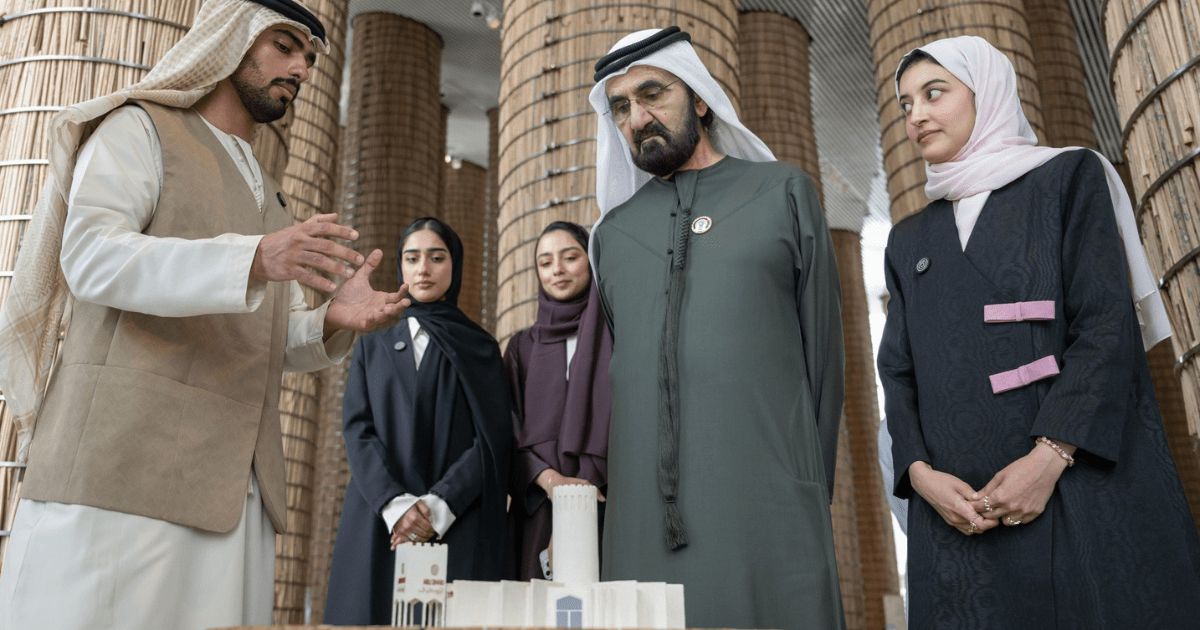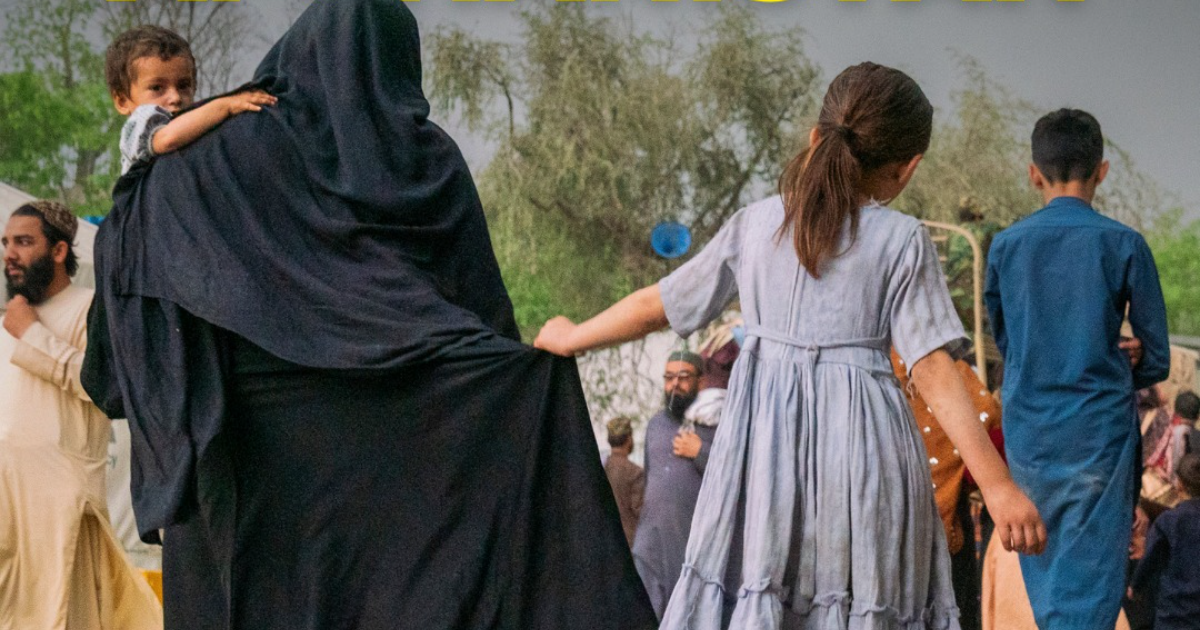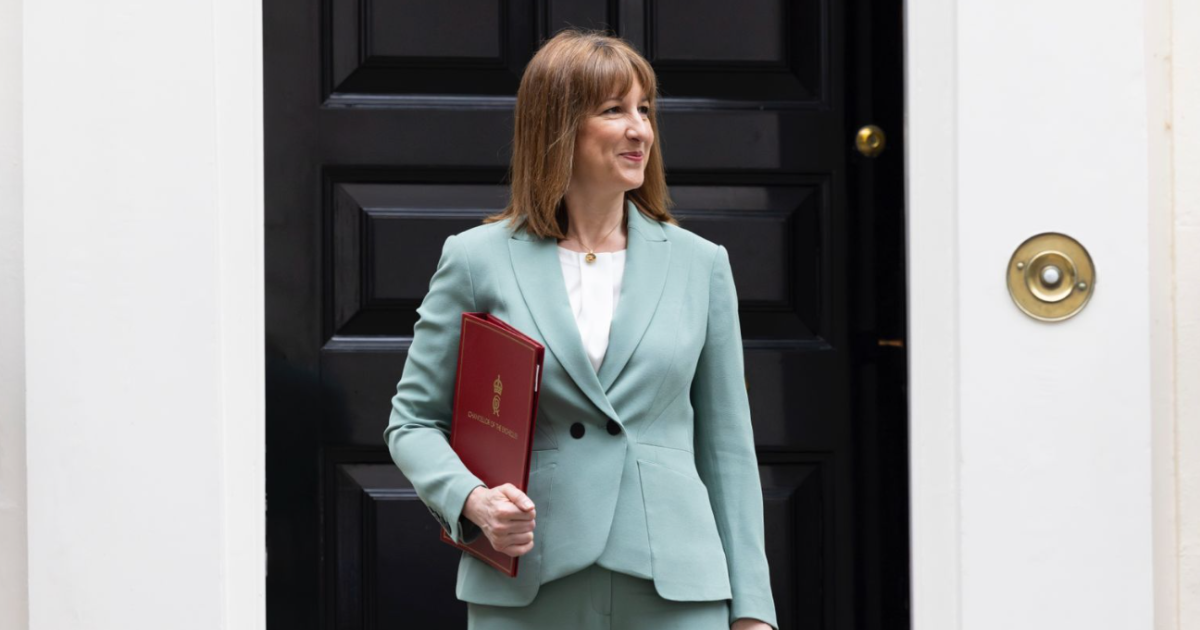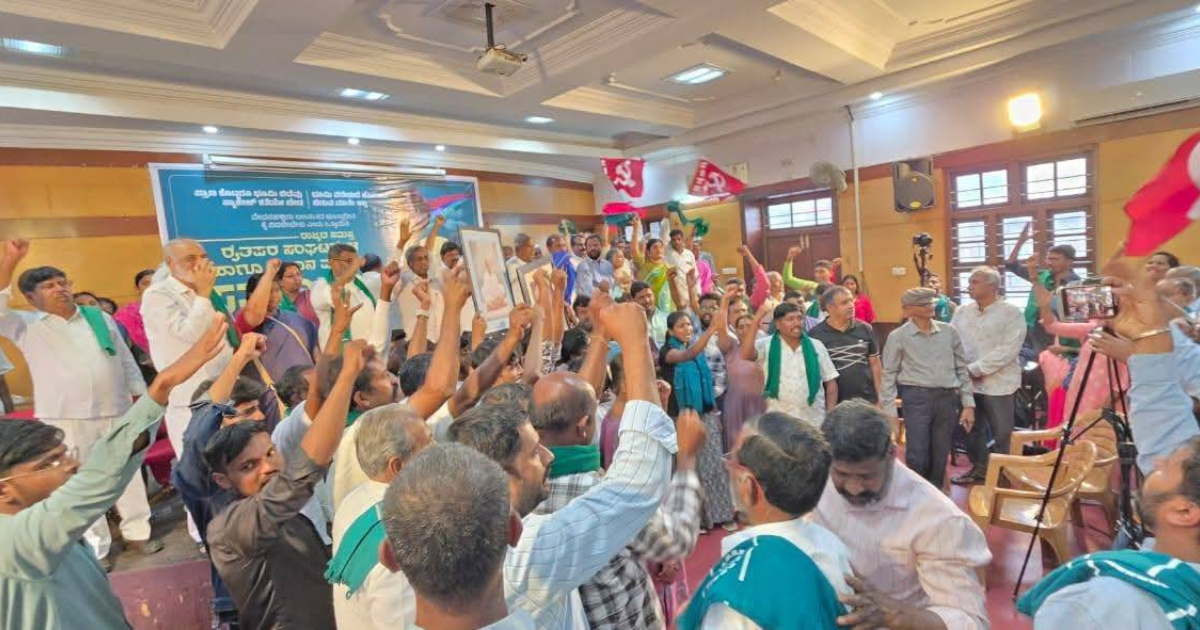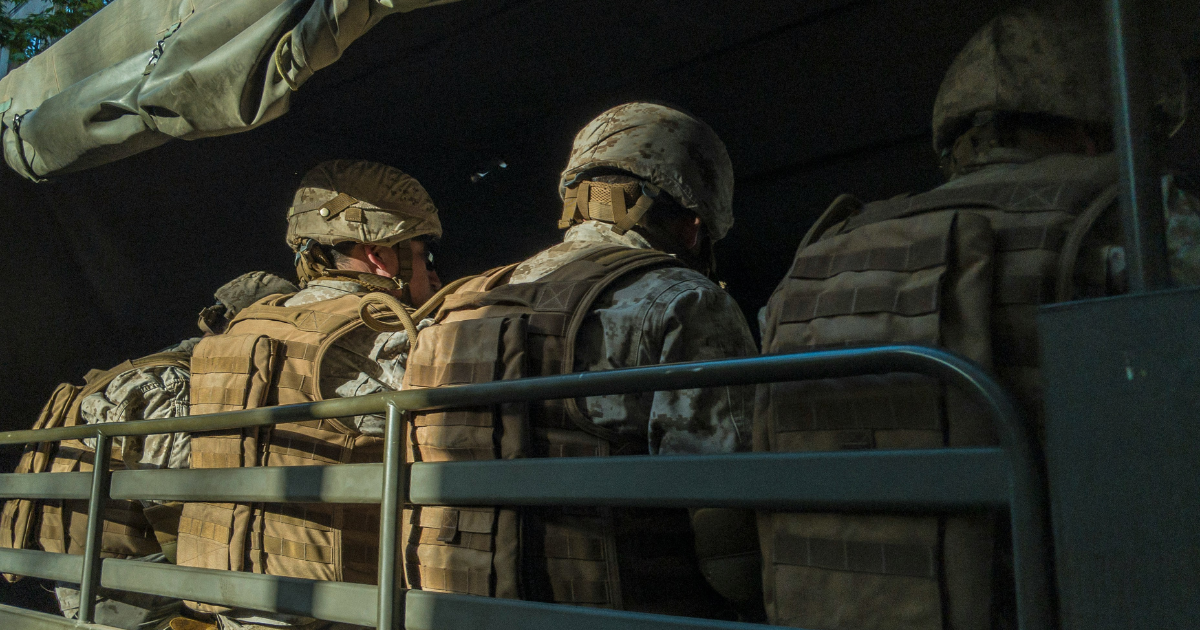In order to strengthen the advantage of soft diplomacy, Saudi Arabia has launched a cultural exchange program at the Osaka-Kansai Expo 2025 in which it is hoping to have the Expo pavilion staff members interact cross-culturally. The Cultural Exchange Program (CEP) has a new place, and it implies exchanging knowledge and experience, professional development, and collaboration with people across the world.
The CEP, which is created by the Kingdom Expo team, will be used to build knowledge among the cultures and it will also help Saudi and international participants to get first-hand experience of various working styles and traditions. Another reason why this initiative is in accordance with Saudi Arabia’s larger strategic plans is the fact that Saudi Arabia is set to host Expo 2030 in Riyadh.
The fifth stage of the program means that 13 Saudi Arabia Pavilion employees are enrolled in five other national pavilions. The Saudi Pavilion team is also temporarily expanded by having 15 international staff members to work in the country pavilions on a three months rotation basis. The two groups will have the real-life experience of living in their destination settings which offer them a chance to immerse in new cultural settings.
Today, I was delighted to visit Expo 2025 Osaka in Japan, and I was even more thrilled to visit the UAE pavilion at the exhibition.
I was impressed by the design of our national pavilion, inspired by the palm tree, which reimagines the traditional “Arish” — the Old homes built… pic.twitter.com/5odSShTxg8— HH Sheikh Mohammed (@HHShkMohd) April 25, 2025
Structured Training and Buddy System for Visiting Staff
The orientation of the visiting staff who will be in the program will be painstaking. This involves formal training on safety in the work place, an outline of the strategic goal of Saudi Arabia at the expo, specifics on the location of the action, and how to cope up with hot weather, a very important factor to monitor in the hot season of Japan.
The CEP has a buddy system to make it run smoothly by assigning international employees to Saudi hosts. This way unfamiliar people adapt and settle down fast, building personal and professional relationships. The system is also expected to develop mutual respect and support of each other between the teams developing an atmosphere of collaboration that will correspond to the main idea of the Expo which is to design future society shaping our life.
The program is now being regarded as not an exclusive HR program. To those organizing Expo and watching it, it is a significant move of cultural exchange and a clever pilot study to Expo 2030. The fact that Saudi Arabia steps forward to lead such an exchange is extensively seen in its context as a long-term strategy of diplomatic approaches – the strategy, which is based on people-to-people contacts and the understanding of the culture.
Preparation for Expo 2030 Through Cultural Immersion
The Director of the Saudi Arabia Pavilion Adel Alfayez insisted on the role of common experiences in the establishment of global relations. “This program is about more than just professional exchange. It is narration, relationship and adding to our communal knowledge he indicated. He further stated that experience acquired by Saudi personnel during their time in the foreign pavilions will assist in developing better arrangements to do the hosting tasks in 2030.
It has been pointed out that the Saudi team being exposed to operations in various pavilions with varying architecture, visitor engagement methods as well as thematic content is most likely to come up with useful lessons. Such lessons should be used not only with regards to Expo 2030 but other cultural and diplomatic events which the Kingdom is to host within its Vision 2030 plans.
More on the visitor end, the Saudi Pavilion will have international staff that will aid in introducing new knowledge in their operations. They are supposed to respond to them and to the Saudi team and this response will dictate how the Kingdom narrates its cultural story in future international festivals. This might require perfection of narration processes, host services, and control of logistics.
Already, the Saudi Pavilion is one of the highly visited attractions at the Osaka Expo and it is still being used in carrying out cultural dialogue. It has led to its identity as one of the hubs of visitors interested in learning about modern Saudi Arabia because of its emphasis on traditional forms of art, the presentation of technology, and architectural narrations.
There is a new dimension to this effort- the Cultural Exchange Program. The initiative makes the cultural diplomacy of the Kingdom more than just presentational: as it imports the Saudi workforce into the rest of the national contexts and as it imports international workers into the issues of everyday work in the Kingdom, the process becomes interactive and lively.
The results of this exchange are expected to become more obvious with time as Expo 2025 goes on. However, preliminary feelings indicate that Saudi Arabia is not only investing in the exhibitions, but also in people, and in the assumption that regarding international understanding, it begins with the mutual humanity experiences.
